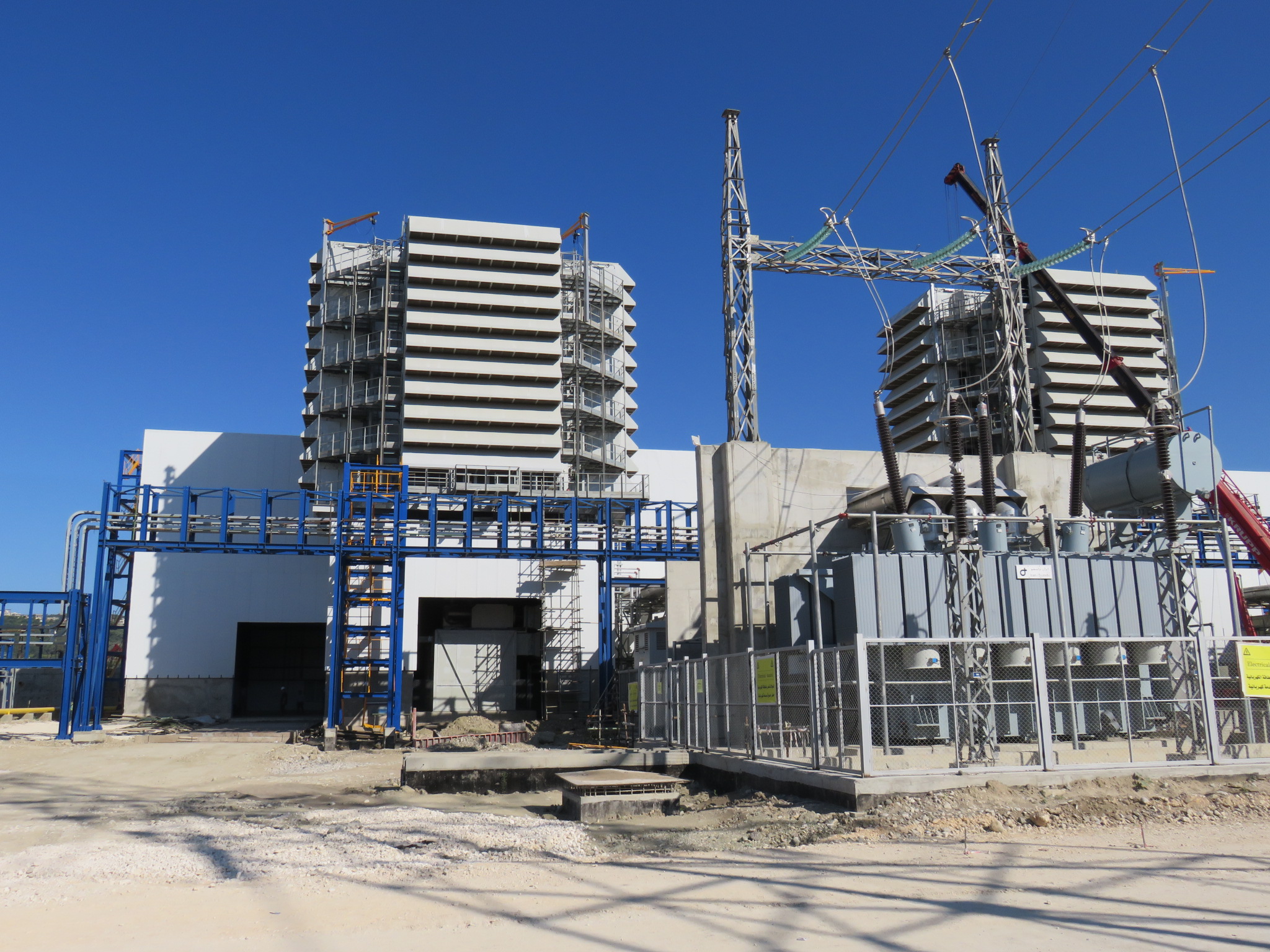MAPNA Group is a publicly listed company on the Tehran Stock Exchange, with its Board of Directors elected by shareholders under the framework of the Commercial Code, which governs the operations of private enterprises.
MAPNA’s presence in Syria, like that of other international business entities, has been independent of any overarching Syrian reconstruction agenda (assuming such an agenda exists). Our activities have strictly followed MAPNA’s market development strategies and are contingent on being technically and economically justifiable, with the ultimate goal of serving our shareholders’ interests. These activities have been entirely developmental in nature, carried out transparently and professionally, and in full compliance with the laws of both countries.
MAPNA’s operations in Syria began in 2008 under normal conditions, alongside the presence of major international firms. Since then, MAPNA has implemented multiple projects, supplying over 50% of Syria’s power generation capacity, thereby playing a significant role in supporting the country’s economy and improving household welfare. All projects completed during this period have been fully settled in accordance with the relevant contracts.
Regarding ongoing projects, such as the Latakia Power Plant, most payments have been received in proportion to physical progress and in line with the terms of the contract. The Latakia project includes four phases: three of these — a gas pipeline and two gas-fired units — have been completed and handed over to the client. A substantial portion of work on the fourth phase, which involves constructing the steam cycle, has also been completed. If not for recent developments, the project would have been finalized by the end of this year.
All markets — domestic or international — inherently carry political, economic, and operational risks, with the key difference lying in the degree and return of those risks. Thus, the mere existence of risk does not prevent economic enterprises from operating in high-risk markets. Despite the emergence of risks and challenges, MAPNA Group has consistently honored its contractual obligations while maintaining a balanced consideration of the interests of all its stakeholders.
Executing projects in foreign countries necessarily involves utilizing local labor. In countries including Syria, MAPNA has adhered to this business principle by evaluating and selecting contractors based on operational capability and execution quality; this is a critical step for fulfilling contractual obligations, which cannot be met with unqualified contractors.
Furthermore, the presence of MAPNA’s experts in Syria has been within the framework of contracts focused on knowledge transfer and training of local staff. These specialists departed the country upon the completion of each project. Syrian engineers working on these projects — drawn from the country’s academic and scientific institutions — received hands-on training and are equipped with the know-how to operate the facilities.
